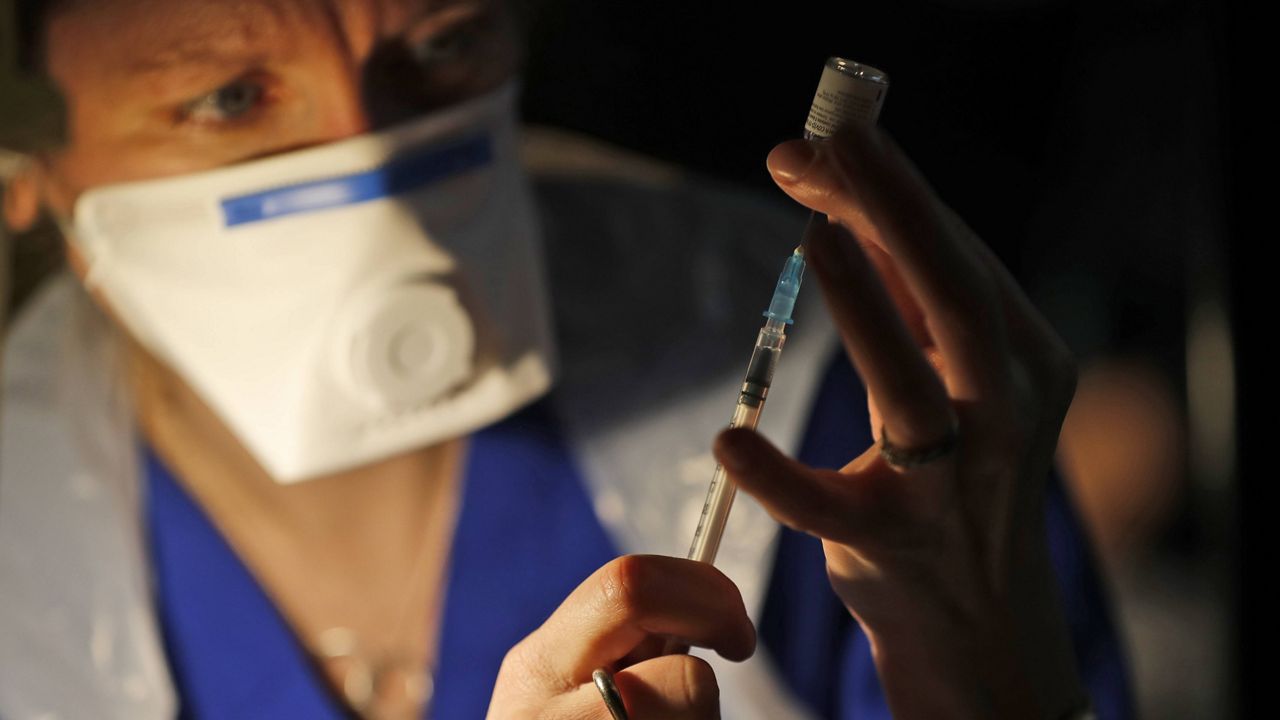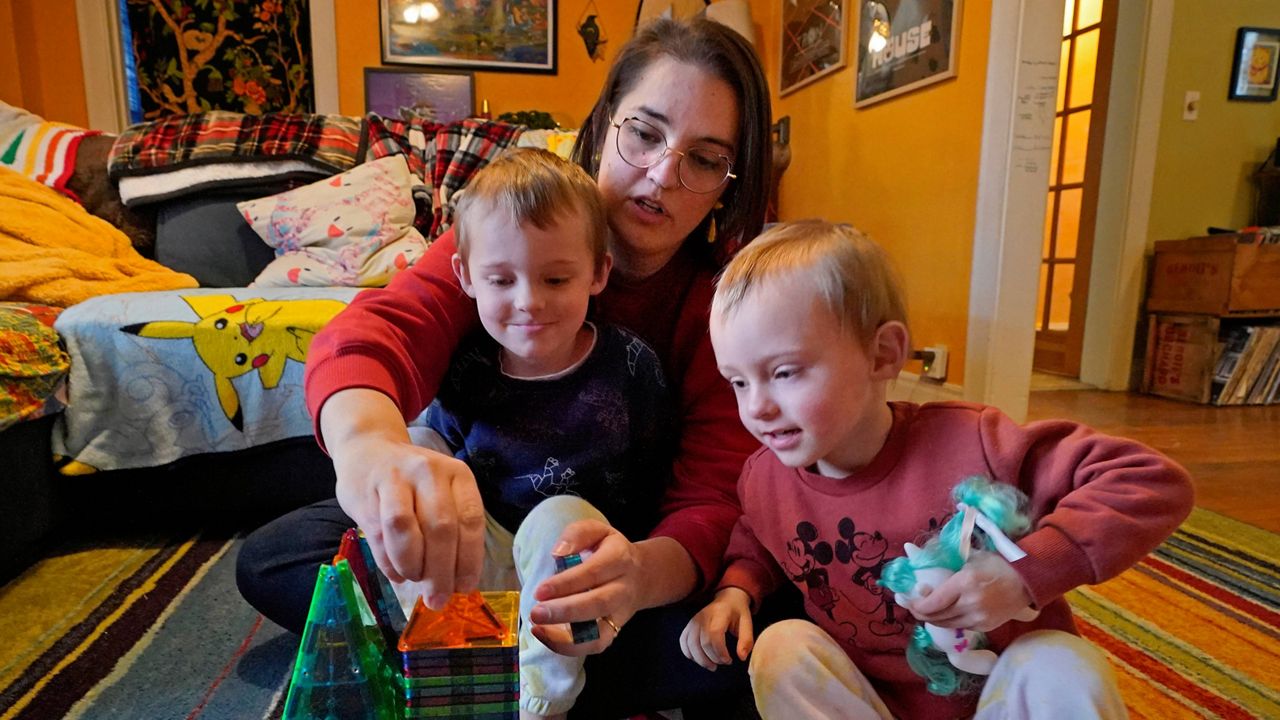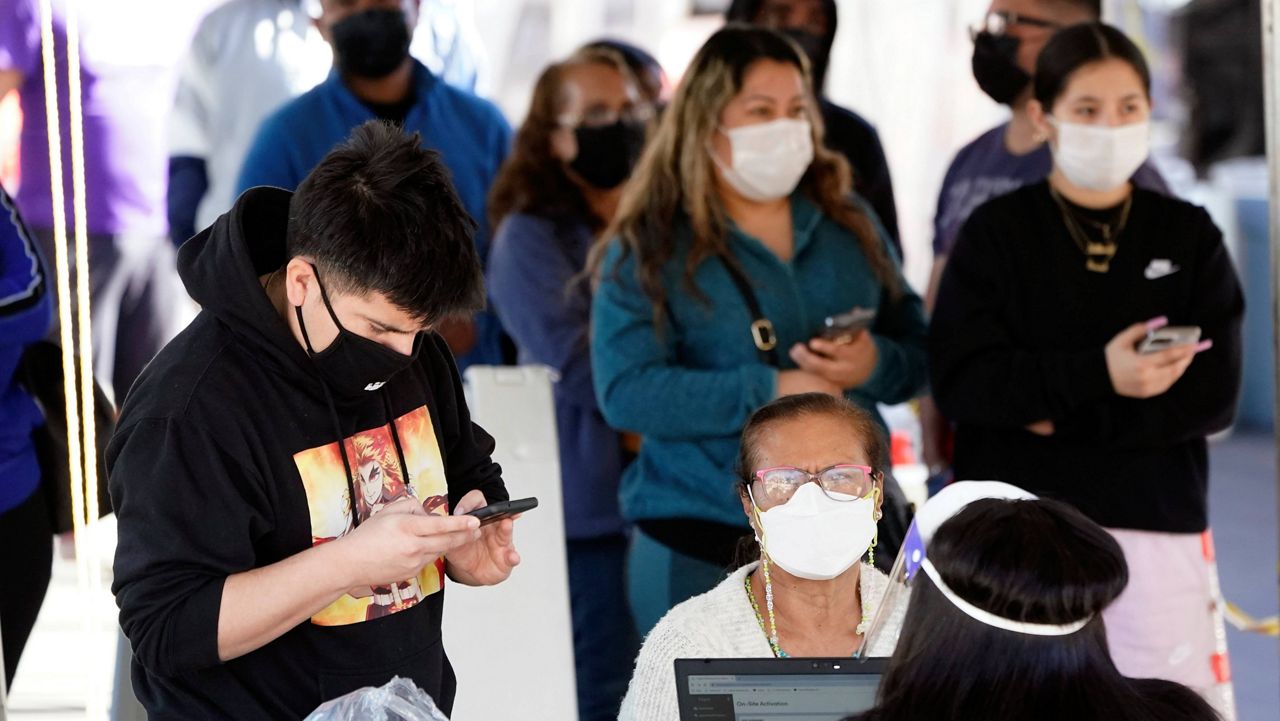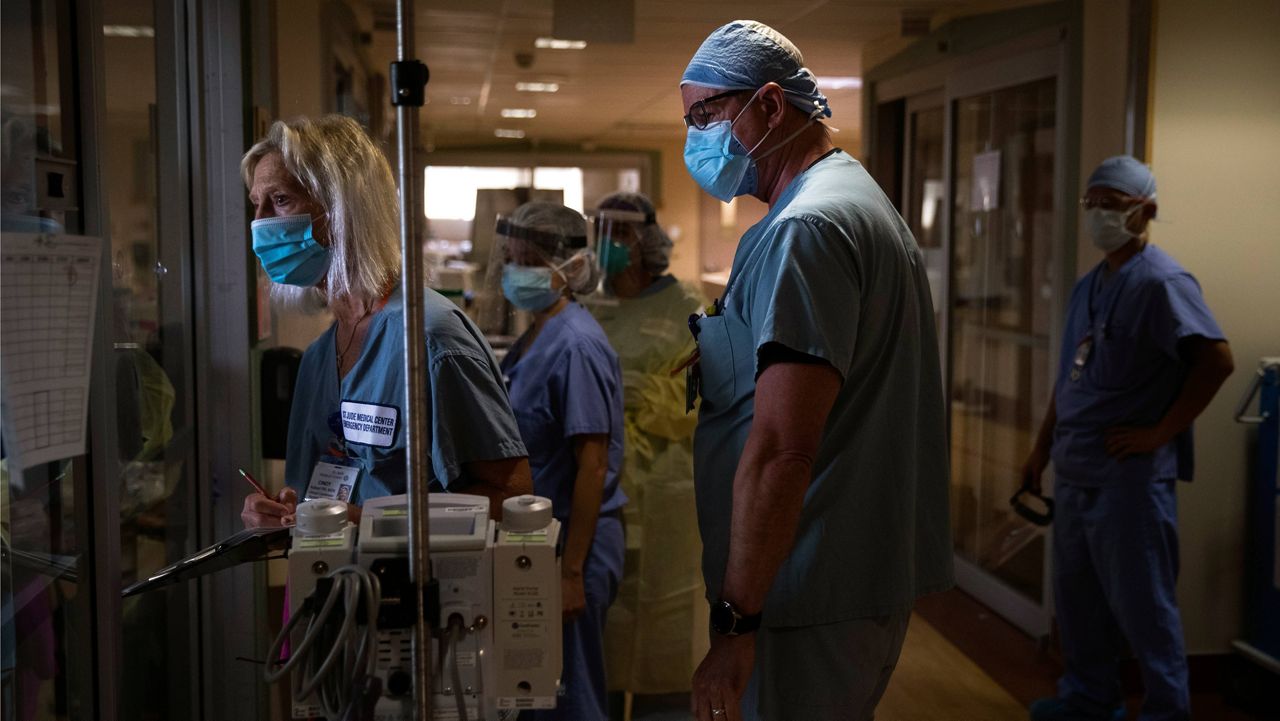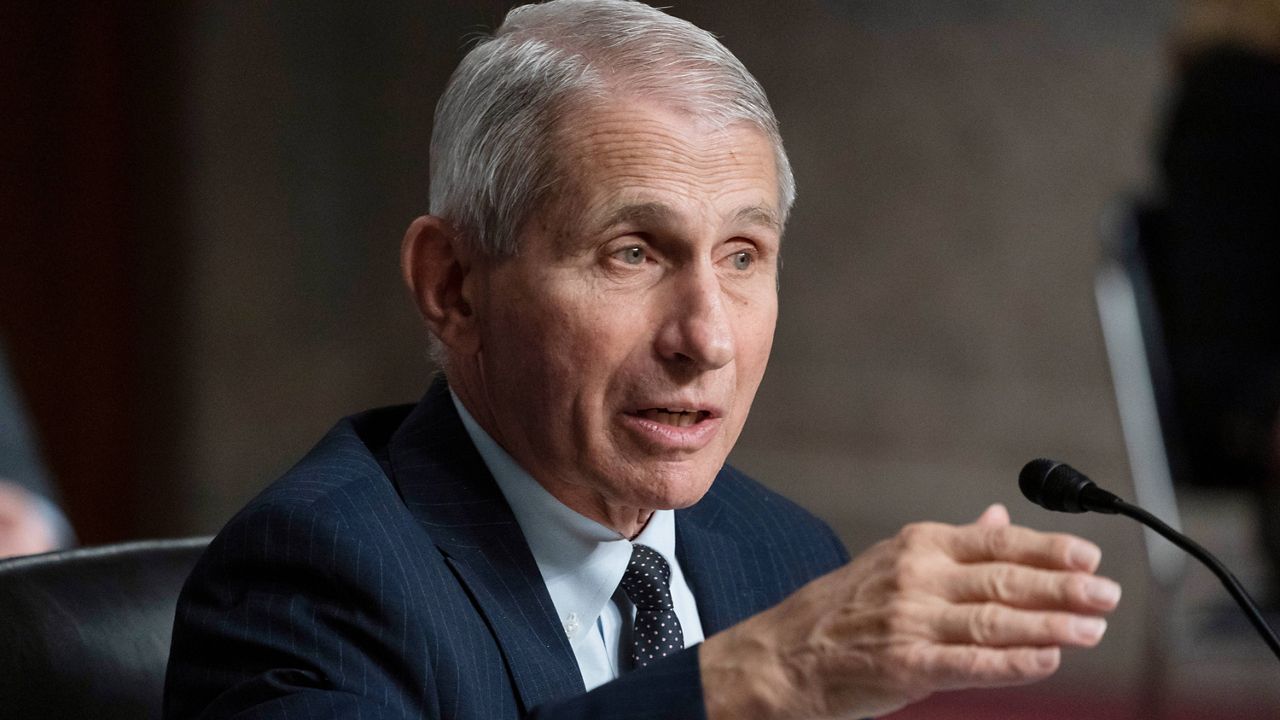A trio of British studies is painting a clearer picture about the effectiveness of a single shot of the two-dose COVID-19 vaccine developed by Pfizer and BioNTech. While the research is vindicating some countries’ strategies for administering vaccines and could influence the decisions of others, some critical questions remain.
What You Need To Know
- A trio of British studies is painting a clearer picture about the effectiveness of a single shot of the two-dose COVID-19 vaccine developed by Pfizer and BioNTech
- Two studies published in The Lancet medical journal found that people who had previously been infected with the novel coronavirus only need one dose of the vaccine
- A separate study, which did not analyze people with previous infections, found that a single dose of the Pfizer-BioNTech vaccine cut the number of asymptomatic COVID-19 infections by 75%
- The new studies, however, do not analyze just how long a single dose of the Pfizer vaccine might offer a high level of protection
Two studies published late Thursday in The Lancet medical journal found that people who had previously been infected with the novel coronavirus only need one dose of the vaccine.
One of the studies, led by researchers at University College London and Public Health England, analyzed 51 health care workers who submitted to weekly COVID-19 and antibody tests dating back to March — 24 of them had been infected. The study found that a single dose of the Pfizer vaccine boosted antibodies in those 24 people to a level that appeared to give them better protection than two doses did for individuals who had not contracted the virus.
The researchers suggested the possibility of testing people for antibodies before they are vaccinated and only administering one shot to those previously infected, leaving more doses available to be administered to others in need.
“With increasing variants (UK, South Africa, Brazil), wider coverage without compromising vaccine-induced immunity could help reduce variant emergence,” the study said.
Similarly, scientists at Imperial College London studied 72 health workers, a third of whom showed signs of previous COVID-19 infection.
“In individuals with previous exposure, vaccine induced very strong neutralising antibody titres,” the study said.
More than 113 million people worldwide and over 28 million Americans have been infected with COVID-19, according to data from Johns Hopkins University. The true number of infections, however, is believed to be much higher, with many people contracting asymptomatic cases and never realizing it.
Meanwhile, a separate study, which did not analyze people with previous infections, found that a single dose of the Pfizer-BioNTech vaccine cut the number of asymptomatic COVID-19 infections by 75%.
While clinical trial data showed that the prescribed two doses of the vaccine 21 days apart is 95% effective at preventing mild and severe cases of COVID-19, it has been unclear whether the vaccines prevent someone from still carrying — and potentially spreading — the virus. The real-world study by a team at Cambridge University Hospitals NHS Foundation Trust and the University of Cambridge indicates that a single dose of the vaccine could significantly reduce the risk of transmission.
Researchers in the study screened thousands of health care workers who were being tested weekly for the virus over a two-week period in late January. The study examined groups of workers who were vaccinated and those who had been given one dose of the Pfizer vaccine.
It found that 26 of 3,252 people who were not vaccinated, or 0.8%, tested positive. Thirteen out of 3,535 who had been vaccinated less than 12 days before, or 0.37%, tested positive. And just four out of 1,989, 0.2%, who were vaccinated 12 or more days prior were infected.
“This is great news – the Pfizer vaccine not only provides protection against becoming ill from SARS-CoV-2 but also helps prevent infection, reducing the potential for the virus to be passed on to others,” said Dr. Mike Weekes, an infectious disease specialist who led the study, which has not been peer reviewed. “This will be welcome news as we begin to plot a roadmap out of the lockdown.”
The findings of the three studies could potentially lead to a change in vaccination policies. As the virus continues to rage globally and vaccine supplies remain limited, countries have begun to weigh the risks of delaying the second dose of such vaccines in order to administer the initial shot to a greater number of people sooner.
The United Kingdom has been delaying second doses up to 12 weeks.
In the U.S., the Centers for Disease Control and Prevention recommends that people stick to the recommend schedule for vaccine doses but says if a delay is unavoidable people can receive the second shot up to six weeks after the first.
The new studies, however, do not analyze just how long a single dose of the Pfizer vaccine might offer a high level of protection.
In an email to Spectrum News on Friday, Pfizer said it welcomes real-world studies on its vaccine by outside institutions, which it said “plays an important part in continuing to build up evidence and knowledge of the vaccines and their impact and supports health agencies to make public health decisions.” Pfizer, however, added, “There are no data to demonstrate that protection after the first dose is sustained after 21 days.”
The company said that while its clinical trial found that its vaccine offers partial protection as early as 12 days after the first dose, two doses are required to reach maximum protection.
A study last week out of Israel found that one dose of the Pfizer vaccine was 85% effective at preventing symptomatic cases of COVID-19 after 15 to 28 days, and 75% effective at preventing all cases of the disease at the same interval. It, too, did not weigh in on the longer-term effectiveness of a single shot.





